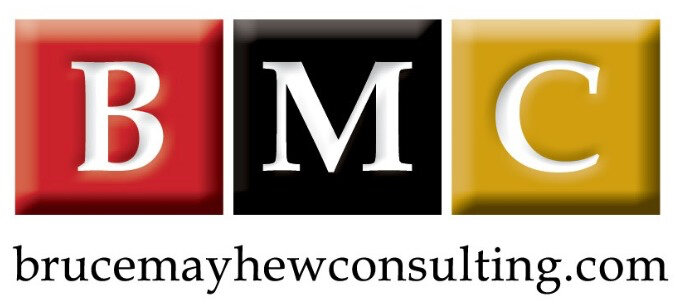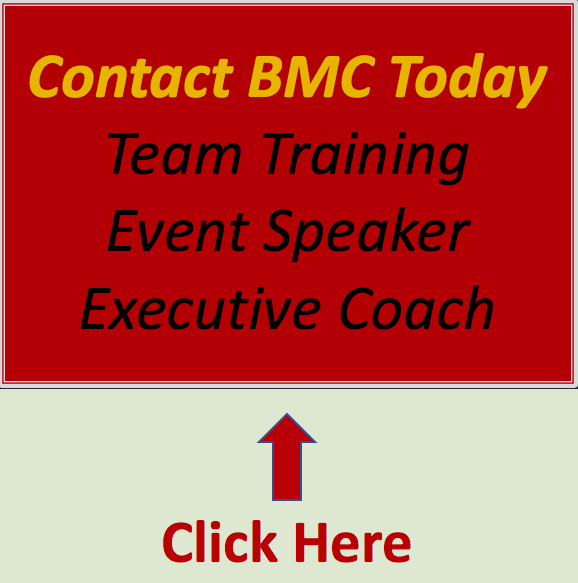Empathy at Work During the Covid Pandemic and Moving Forward
/An exploration of empathy is an important opportunity as we all push through the Covid-19 pandemic. Learning what other people may be feeling, believing and/or needing during this difficult time helps us learn about ourselves and what is important to us. Practicing empathy also helps us be strong, recover and even emerge out of a bad experience with greater awareness and resilience. It helps us be the people we want to be and build the future we deserve.
We can all agree the Covid pandemic has us under greater stress. If we’ve been able to continue working during the pandemic we’ve likely either separated from others with plexiglass and masks (as important as they are), or we’ve fallen into a pattern of back-to-back, highly efficient Zoom calls and even more email than ever. Covid also has added stress to our family lives, sometimes keeping family members apart while keeping others together 24/7 for weeks and even months on end. Even grocery shopping and other simple tasks has become complicated. And, worst of all, Covid has taken friends and loved ones away from many of us.
At this stage of the pandemic most of us are exhausted, less connected and are quite simply out of practice at how to be social and build personal connections, both of which help us have trusting, respectful and mutually beneficial relationships.
Finding the silver lining
We can give our shared distress some meaning. Nelson Mandela said, “Everyone can rise above their circumstances and achieve success if they are dedicated to and passionate about what they do.” As we rebuild, we have an opportunity to reflect on what we are learning about ourselves, our communities and our workspaces. We also get to decide how we want to move forward as we celebrate our strength and resilience.
Even though we may not be fully out of the Covid pandemic, let’s not wait to take a positive next step.
In our workspaces each of us (from the brand new employee to the veteran leader) have an opportunity to champion healthy workspaces and build healthy teams and healthy companies. All of us can take on a leadership role to create empathetic workspaces built upon shared respect and trust… even if it is within our own bubble, one positive step will lead to another and will influence someone else. Another Nelson Mandela quote seems appropriate here, “As we let our own light shine, we unconsciously give other people permission to do the same”.
Opportunities to practice empathy and the benefits
Empathy is at our fingertips, all we have to do is choose to use it. And best of all, it is free of charge and very effective.
Here are 6 of my favourite opportunities to practice empathy:
Explore our personal and shared values… and what they mean
Be open to learn about each other and from each other (I love hearing other peoples stories)
Strive to develop greater team communication and inclusion
Support greater collaboration, commitment, creativity and innovation
Support greater work life balance
Be very open to continuous change (all of these opportunities will require an element of change)
By following the above mentioned opportunities to practice empathy, in addition to greater workplace harmony we all can experience the following Win-Win benefits for ourselves, our friends/coworkers and our company (I think this is amazing, especially since empathy costs nothing):
Less burnout
Greater satisfaction, pride and sense of purpose in our work (for us and for others)
Greater productivity
Lower turnover
Greater customer experiences and customer satisfaction
Using empathy at work and other places
Empathy is at the heart of feeling respect for ourselves and others. When we feel respected it meets our individual need to feel valued for our contribution. There are so many ways to explore empathy both within ourselves and outwardly as we all push through the Covid-19 pandemic. In addition to the 6 opportunities to practice empathy during the covid pandemic and moving forward that I mentioned above, here are 5 more described in a bit more detail.
Make a conscious effort to use empathy to rebuild trusting and respectful relationships. Show the people you work with that you care about them by learning about them and listening to their stories with no judgement. And, if they have a challenge, don’t jump into solutions mode. Instead, pause and listen; be understanding. That might be all they need.
Every once in a while, call a friend, family member or business connection to just to say hi – especially if you don’t need anything from them. Take a moment to sincerely ask how they are. This shows them you care about them as individuals.
Be respectful, especially if their preferences and beliefs are different than your own. There are two types of respect that build trusting relationships; Earned Respect and Owed Respect.
Owed Respect is based on a sense of equally and everyone should experience it. If it is lacking there is often micromanaging, abuse of power, dismissiveness, passive aggressive behaviour.
Earned Respect is based on our individual accomplishments or qualities. We are recognized for our expertise and given opportunity to contribute and perhaps even lead when we are the subject matter expert. If it is lacking, we feel interchangeable and don’t get credit for our unique contribution and/or ideas.
Be open to the idea that compromise is a source of strength, not weakness. Finding a shared solution does mean we learn about each others needs and therefore often take a bit more time. In workspaces shared solutions are often more impactful and more creative. And, because shared solutions are supported by multiple people and/or departments, respect, commitment and collaboration also increase… all because of compromise.
Volunteer somewhere. Studies show that when we help other people we trigger our mesolimbic system, the part of our brain that is responsible for feelings of reward, pride and an increase in self-esteem. Volunteering also provides us opportunities to be in low stress situations, to do something good and to be around other like-minded people. All of this means we are able to practice our communication skills, build good bonds with new ‘friends’ and build even stronger bonds with existing friends and family. Overall, another Win-Win.
Conclusion
This is just a snapshot of how empathy provides a life-long opportunity to grow and become a better version of ourselves. As we emerge out of the Covid-19 pandemic we all have the opportunity to do so with greater awareness of who we want to be, how we want to act and who we want to be with and work with. All we have to do is begin to explore our potential.
Now more than ever lets remember to practice patience with ourselves and others and take this moment to explore how we have practiced empathy in the past and how we can ratchet it up a notch or two moving forward.
Thank you for reading about how to move forward as we all push through the Covid-19 pandemic.
Bruce
Other articles in this series include:
About Bruce and Bruce Mayhew Consulting.
Bruce is Corporate Trainer, Keynote Speaker and Executive Coach.
Bruce Mayhew Consulting specializes in customized Difficult Conversations, Crucial Conversations or Conflict Management Training, Email Etiquette Training, Leadership & New Leadership Development, Generational Differences, Time Management Training and other soft skills training solutions in Toronto and across Canada. Bruce is also an Executive Coach to a few select clients.
Bruce is an experienced motivational speaker in Toronto and has inspired audiences across Canada and within the USA and the UK. Bruce works hard to always make sure your training event, conference, retreat, or annual general meeting is a success.




